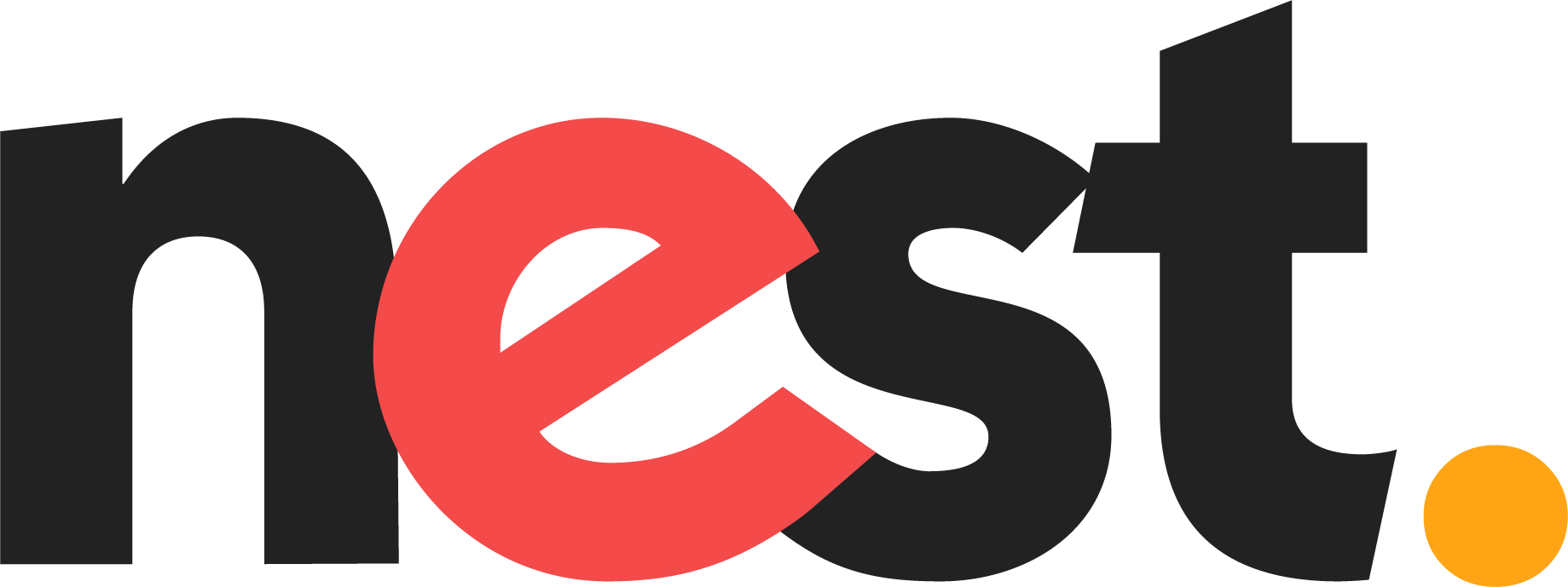When it comes to financing real estate, most people think of the conventional route: a mortgage from a bank or other financial institution. However, there’s a whole world of creative and non-traditional financing options that savvy investors use to make their real estate dreams a reality. Let’s explore a few unconventional methods that might just be the key to unlocking your next investment.
1. Seller Financing: A Win-Win Scenario
In a traditional real estate deal, the buyer secures a mortgage from a bank. However, in seller financing, also known as owner financing, the seller acts as the lender. This arrangement can be a win-win for both parties. Here’s how it works:
Imagine you find your dream property listed at $200,000. With seller financing, you negotiate with the seller to make a down payment—let’s say $20,000—and the seller agrees to finance the remaining $180,000. You and the seller determine the interest rate, repayment terms, and other conditions, often resulting in more flexibility than a standard mortgage.
For instance, if you agree on a 5% interest rate over 20 years, your monthly payments would be approximately $1,247. Over the life of the loan, you’d pay a total of $99,355 in interest. This non-traditional approach can be a game-changer, especially if you face challenges securing a traditional mortgage.
2. Hard Money Loans: Quick Cash for Risk-Takers
When traditional lenders hesitate due to a property’s condition or a short window of opportunity, hard money loans step in to save the day. These loans come from private individuals or investors and are often asset-based, focusing on the property’s value rather than the borrower’s creditworthiness.
Let’s say you spot a distressed property with a price tag of $150,000. Traditional lenders might shy away due to its condition, but a hard money lender could offer you a $120,000 loan based on the property’s potential value after renovation. With a typical interest rate of 12% over a one-year term, you’d pay $1,000 per month in interest, plus any fees.
This type of financing is ideal for those who can quickly renovate and sell for a profit or refinance into a conventional mortgage once the property is in better shape.
3. Lease Options: Test-Driving Your Investment
A lease option combines renting with the right to purchase the property later. In this arrangement, you sign a lease agreement with the option to buy the property within a specified period, often at a predetermined price. This gives you time to evaluate the property and its potential before committing to a full purchase.
For instance, you find a property worth $250,000. The owner agrees to a lease option with a monthly rent of $1,500 and an option fee of $5,000. Over the two-year lease period, you pay $36,000 in rent and the $5,000 option fee. If you decide to exercise your option, the $5,000 is typically credited toward the purchase price, providing a unique way to step into homeownership.
4. Crowdfunding: A Collective Approach
In the digital age, crowdfunding isn’t just for startups; it’s also a viable option for real estate financing. Platforms like Fundrise and RealtyMogul allow multiple investors to pool their money to fund a real estate project.
Suppose you’re eyeing a commercial property valued at $500,000. Through crowdfunding, you invest $5,000 alongside 99 other investors. As the property generates income or appreciates, you receive a share of the returns proportionate to your investment. This collective approach opens doors to real estate opportunities that might be financially out of reach individually.
Conclusion: Breaking Free from Traditional Constraints
Exploring non-traditional financing options can be the key to unlocking unique real estate opportunities. Whether it’s striking a deal with the seller, securing a hard money loan, testing the waters with a lease option, or joining forces through crowdfunding, these creative approaches offer flexibility and possibilities beyond the conventional mortgage route.
Remember, each method comes with its own risks and rewards, so thorough research and understanding are crucial before diving into unconventional financing. With the right strategy, these non-traditional paths could be the stepping stones to your next successful real estate venture.


